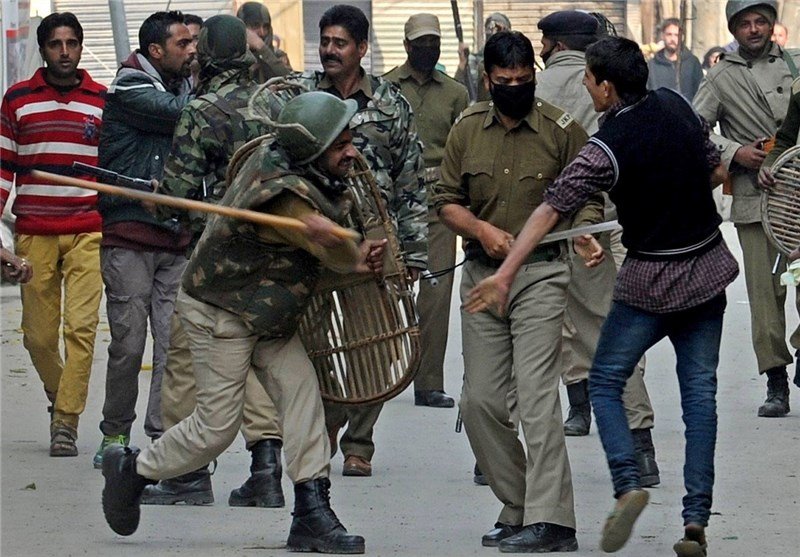We present you 5 Facts about the Kashmir conflict.
In the heart of the Indian subcontinent lies a region whose history is marred by a protracted conflict, a struggle that has endured for over seven decades.
The Kashmir conflict, born in the wake of India and Pakistan’s independence in 1947, has remained a contentious issue, shaping the lives of millions and drawing international attention to the ongoing strife.
5 Facts about the Kashmir conflict
Background: A Historic Crossroads
In the aftermath of colonial rule, princely states faced the pivotal choice of aligning with either India or Pakistan.
Maharaja Hari Singh’s hesitation in the face of this decision led to a tumultuous turn of events.
Fearing an invasion, he acceded to India, triggering unrest and setting the stage for a conflict that would define generations.
Ceasefires and Unresolved Tensions
Despite attempts to establish peace, including the 1949 Line of Control agreement mediated by the United Nations, tensions between India and Pakistan remained palpable.
The 1965 India-Pakistan War further escalated the dispute, necessitating international intervention.
The Shimla Agreement of 1972 provided a momentary respite but failed to address the core issue, leaving the conflict unresolved.
China’s Involvement and Humanitarian Fallout
Adding complexity to the dispute, China laid claim to Aksai Chin, a northeastern region comprising 20% of Kashmir.
Meanwhile, within the conflict zone, the exodus of around 100,000 Kashmiri Hindus in 1990 underscored the dire humanitarian consequences of the ongoing strife.
Reports of human rights violations, including the tragic killing of Burhan Wani in 2016, have drawn international condemnation.
A Call for Diplomacy
Tensions flared once again in 2016 after militants attacked an Indian army base in Uri, leading to mutual accusations and heightening hostilities.
Amidst this backdrop, various solutions have been proposed, ranging from complete integration into India or Pakistan to the declaration of independence for Kashmir.
However, the consistent call from global leaders, notably UN Secretary-General Antonio Guterres, remains one of dialogue and engagement.
The Path Forward
The Kashmir conflict stands as a stark reminder of the challenges inherent in resolving deeply rooted historical disputes.
As the world watches, the importance of diplomacy, empathy, and international cooperation cannot be overstated.
The path to lasting peace in this troubled region lies in earnest dialogue and a genuine commitment to finding a mutually agreeable resolution—one that addresses the aspirations and concerns of all parties involved.
Only then can the people of Kashmir hope for a future free from the shadows of conflict.
